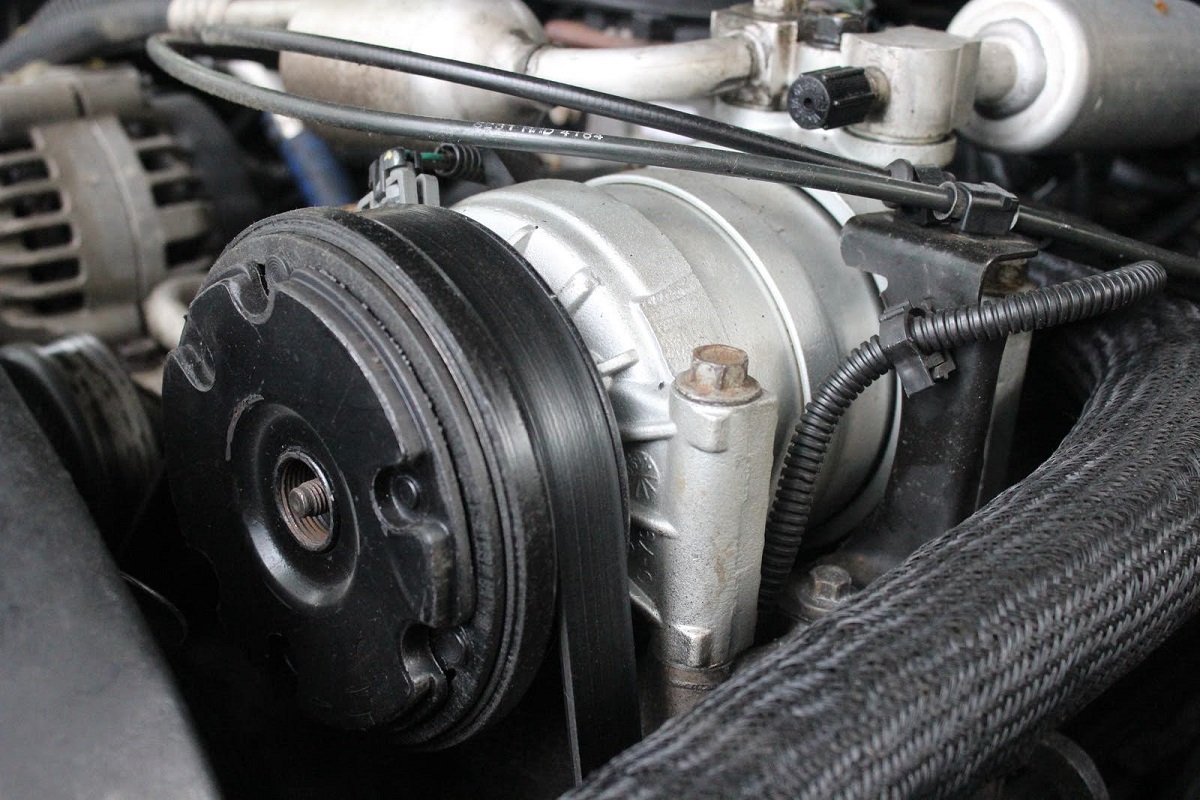

Articles
How Long Does An AC Compressor Last
Modified: October 18, 2024
Learn about the lifespan of an AC compressor in this informative article. Discover how long you can expect your compressor to last and what factors may affect its longevity.
(Many of the links in this article redirect to a specific reviewed product. Your purchase of these products through affiliate links helps to generate commission for Storables.com, at no extra cost. Learn more)
Introduction
An AC compressor is an essential component of an air conditioning system that plays a vital role in cooling and dehumidifying the air. It is responsible for compressing and circulating the refrigerant, allowing the system to remove heat from the indoor environment and maintain a comfortable temperature. However, like any other mechanical device, AC compressors have a limited lifespan.
In this article, we will explore the factors that affect the lifespan of an AC compressor, signs of a failing compressor, maintenance tips to extend its lifespan, and when it may be necessary to replace the compressor.
Understanding the lifespan of an AC compressor is important for homeowners and business owners alike, as it helps to anticipate and plan for potential repair or replacement costs. By maintaining the compressor properly and recognizing the warning signs of failure, it is possible to prolong its lifespan and mitigate unexpected breakdowns.
So, let’s dive in and learn more about how long an AC compressor typically lasts and how to ensure it operates efficiently for as long as possible.
Key Takeaways:
- Regular maintenance, proper installation, and favorable operating conditions can extend the lifespan of an AC compressor, ensuring efficient cooling and cost-effectiveness for homeowners and businesses.
- Recognizing signs of a failing compressor, such as reduced cooling capacity and unusual noises, is crucial for addressing issues promptly and avoiding potential breakdowns or expensive repairs.
Read more: How Does A AC Compressor Work
What is an AC Compressor?
An AC compressor is the heart of an air conditioning system. It is a mechanical device that is responsible for compressing the refrigerant, which is the key component in the heat transfer process that enables the air conditioner to cool the indoor environment. The compressor circulates the refrigerant through the system, changing its pressure and temperature to facilitate the removal of heat from the air.
The AC compressor consists of several important parts, including a piston, cylinder, valves, and an electric motor. When the refrigerant enters the compressor, it is in a low-pressure, low-temperature gaseous state. The compressor compresses the refrigerant, raising its pressure and temperature. As the refrigerant moves through the system, it releases heat to the outside environment, allowing the cool air to be blown into the indoor space.
AC compressors come in different types, including reciprocating compressors, rotary compressors, and scroll compressors. Each type operates in a slightly different way, but they all serve the same purpose of compressing the refrigerant and facilitating the cooling process.
Without a functioning AC compressor, the air conditioning system would not be able to cool the air. If the compressor fails or becomes significantly worn out, it may need to be repaired or replaced to restore the cooling functionality of the AC system.
Understanding the basic functionality of an AC compressor is important for recognizing when it’s time for maintenance or replacement. It also helps homeowners and businesses make informed decisions when it comes to selecting the right type of compressor for their specific needs.
Factors Affecting AC Compressor Lifespan
The lifespan of an AC compressor can vary depending on several factors. Understanding these factors can help homeowners and businesses take proactive measures to extend the compressor’s lifespan and minimize the risk of premature failure.
1. Quality of Installation: Proper installation of the AC compressor is crucial for its longevity. A poorly installed compressor can lead to stress on the unit and reduce its lifespan. It is important to hire a qualified HVAC professional to ensure correct installation.
2. Maintenance: Regular maintenance is essential to keep the AC compressor running smoothly. Neglecting routine maintenance, such as cleaning coils, checking and replacing filters, and inspecting electrical connections, can lead to strain on the compressor and shorten its lifespan.
3. Operating Conditions: The operating conditions of the AC system can impact the compressor’s lifespan. Extreme temperatures, both high and low, can put additional stress on the compressor. Additionally, frequent power surges and voltage fluctuations can affect its performance and durability.
4. System Oversizing or Undersizing: A system that is either oversized or undersized for the space it is cooling can impact the compressor’s lifespan. Oversizing can cause short cycling, where the compressor turns on and off frequently, leading to increased wear and tear. In contrast, undersizing can cause the compressor to work harder to meet the cooling demands, potentially leading to premature failure.
5. Environmental Factors: Environmental factors, such as the presence of airborne contaminants, humidity levels, and exposure to corrosive elements, can affect the lifespan of the AC compressor. Regular cleaning and protecting the unit from harsh environmental conditions can help extend its lifespan.
6. Manufacturer Quality: The quality of the AC compressor and its components can significantly impact its lifespan. Choosing a reputable manufacturer and opting for high-quality components can result in a longer-lasting compressor.
7. Usage Patterns: The frequency and duration of usage can also affect the compressor’s lifespan. Systems that are used often or run for prolonged periods may experience more wear and tear, shortening the compressor’s lifespan.
By understanding and addressing these factors, homeowners and businesses can take proactive steps to prolong the lifespan of their AC compressors. Regular maintenance, proper installation, and careful consideration of operating conditions can all contribute to a compressor’s longevity.
Average Lifespan of an AC Compressor
The average lifespan of an AC compressor typically ranges between 10 to 15 years. However, several factors can influence the actual lifespan of a compressor.
The quality of the compressor, its installation, and regular maintenance all play a significant role in determining how long it will last. Compressors from reputable manufacturers with high-quality components tend to have longer lifespans than lower-quality units.
Proper installation is crucial for ensuring the compressor operates efficiently and doesn’t experience unnecessary strain. Hiring a qualified HVAC professional to install the unit according to manufacturer guidelines can help maximize its lifespan.
Regular maintenance is key to extending the lifespan of an AC compressor. Routine maintenance tasks include cleaning or replacing air filters, cleaning the coils, checking refrigerant levels, inspecting electrical connections, and lubricating moving parts. Neglecting these maintenance tasks can lead to reduced efficiency and premature wear and tear on the compressor, shortening its lifespan.
It’s important to note that environmental factors and usage patterns can also impact the lifespan of a compressor. For instance, if the unit is exposed to extreme temperatures, high humidity, or corrosive elements, it may need more frequent maintenance to prevent damage. Similarly, if the unit is used heavily or runs continuously, it may experience more wear and tear, potentially leading to a shorter lifespan.
While the average lifespan of an AC compressor falls within the 10 to 15-year range, it’s important to monitor its performance over time. Pay attention to any signs of reduced cooling efficiency, increased noise levels, frequent cycling, or unusual odors. These could indicate a compressor that is nearing the end of its lifespan or experiencing problems that require maintenance or replacement.
Ultimately, proper installation, regular maintenance, and a favorable operating environment are key to maximizing the lifespan of an AC compressor. By taking proactive steps to care for and maintain the unit, homeowners and businesses can ensure their cooling system operates efficiently and cost-effectively for years to come.
Signs of a Failing AC Compressor
An AC compressor plays a crucial role in the cooling process, and when it starts to fail, it can have a significant impact on the efficiency and performance of the entire air conditioning system. Recognizing the signs of a failing compressor is essential to address the issue promptly and prevent further damage. Here are some common signs to watch out for:
1. Reduced Cooling Capacity: One of the first signs of a failing compressor is a noticeable decrease in cooling capacity. You may start to feel that the air coming out of your vents is not as cold as before, or it takes longer for the room to reach the desired temperature. This could be an indication that the compressor is struggling to compress the refrigerant effectively.
2. Unusual Noises: If you notice strange noises coming from your AC system, such as grinding, rattling, or banging sounds, it could be a sign that the compressor is malfunctioning. These noises may indicate that internal components within the compressor are worn out or damaged.
3. Frequent Cycling: Compressors are designed to turn on and off periodically to maintain the desired temperature. However, if you notice that the compressor is cycling on and off more frequently than usual, it could be a sign of compressor malfunction. This can be caused by issues such as refrigerant leaks, electrical problems, or a failing compressor motor.
4. Increased Energy Consumption: A failing AC compressor often leads to increased energy consumption. If you notice a sudden spike in your energy bills without any apparent reason, it could be due to a compressor that is working inefficiently and struggling to cool your space.
5. Warm Air Blowing: If warm air is coming out of your vents instead of cold air, it could be a sign of a compressor problem. The compressor may not be properly compressing the refrigerant, preventing it from absorbing heat effectively and resulting in warm air circulation.
6. Ice Buildup: Inspect the outdoor unit for excessive ice buildup. Ice formation on the refrigerant lines or the compressor itself is a clear indication of a problem. It could be caused by low refrigerant levels, a blocked airflow, or a malfunctioning compressor.
If you notice any of these signs, it is crucial to seek professional help from a qualified HVAC technician. They can thoroughly inspect your AC system, diagnose the issue, and recommend the most appropriate course of action, whether it’s repairing or replacing the compressor.
It’s important not to ignore these warning signs, as continued operation of a failing AC compressor can lead to further damage to the system and potentially higher repair costs. By addressing the issue promptly, you can ensure the longevity and efficiency of your air conditioning system.
Regular maintenance, such as cleaning the coils and changing the air filter, can help extend the lifespan of an AC compressor. Additionally, keeping the unit well-ventilated and protected from debris can also help prolong its life.
Read more: How Long Does AC Unit Last
Extending the Lifespan of an AC Compressor
An AC compressor is a significant investment, and extending its lifespan can help homeowners and businesses save money on repair or replacement costs. While the lifespan of a compressor is influenced by various factors, there are several steps you can take to maximize its longevity:
1. Regular Maintenance: Schedule routine maintenance for your air conditioning system, including the compressor. This should involve cleaning or replacing air filters, cleaning the coils, checking refrigerant levels, inspecting electrical connections, and lubricating moving parts. Regular maintenance helps keep the compressor running efficiently and minimizes the risk of premature failure.
2. Keep the Area Around the Outdoor Unit Clear: Ensure that there is no debris, vegetation, or other obstructions around the outdoor unit of your AC system. A clear area allows for proper airflow and prevents the compressor from overheating, which can significantly reduce its lifespan.
3. Protect the Compressor from Extreme Weather: If you live in an area with extreme temperatures or severe weather conditions, take measures to protect the compressor. Install a cover or shelter to shield the unit from direct sunlight, hail, snow, and other environmental factors that can accelerate wear and tear.
4. Maintain Optimal Operating Conditions: Avoid running your air conditioning system at unnecessarily low temperatures or excessively high temperatures. Operating within the recommended temperature range helps reduce the strain on the compressor and allows it to operate more efficiently, extending its lifespan.
5. Address Refrigerant Leaks Promptly: Refrigerant leaks can put a significant strain on the compressor. If you suspect a refrigerant leak, such as a decrease in cooling performance or hissing sounds near the refrigerant lines, have it inspected and repaired by a professional technician. Avoid operating the AC system with low refrigerant levels, as it can damage the compressor and other components.
6. Use a Surge Protector: Power surges can damage electrical components, including the compressor. To protect the AC system from sudden voltage spikes or electrical surges, consider installing a surge protector. This simple device can help prevent potential damage and extend the compressor’s lifespan.
7. Avoid Short Cycling: Short cycling, where the compressor frequently turns on and off, can put unnecessary strain on the unit. Ensure that your thermostat is functioning correctly and that the temperature is set appropriately. Avoid frequent and unnecessary adjustments to prevent short cycling and reduce unnecessary wear on the compressor.
By following these steps, you can effectively extend the lifespan of your AC compressor. Regular maintenance, proper operating conditions, protection from extreme weather, and prompt repairs can all contribute to a longer-lasting and more efficient compressor.
Remember, if you are unsure about any maintenance or repair tasks, it is best to consult a professional HVAC technician. Their expertise and knowledge will ensure that the compressor and the entire air conditioning system are well-maintained and functioning optimally.
Maintenance Tips for AC Compressors
Maintaining your AC compressor is essential to ensure its longevity and optimal performance. By following these maintenance tips, you can help maximize the lifespan of your compressor and prevent costly repairs or replacements:
1. Clean or Replace Air Filters: Dirty or clogged air filters restrict airflow, causing the compressor to work harder. Clean or replace your air filters regularly, typically every one to three months, to ensure proper airflow and prevent strain on the compressor.
2. Clean the Outdoor Unit: Regularly inspect and clean the outdoor unit of your AC system. Remove any leaves, dirt, debris, or grass clippings that may have accumulated on or around the unit. This helps maintain proper airflow and prevents obstruction of the compressor’s cooling fins.
3. Inspect and Clean the Condenser Coils: Over time, the condenser coils can accumulate dirt and debris, reducing their ability to transfer heat efficiently. Inspect the coils regularly and clean them using a soft brush or a gentle stream of water. Avoid using high-pressure water or harsh cleaning agents as they can damage the coils.
4. Check Refrigerant Levels: Insufficient or excessive refrigerant levels can put strain on the compressor and affect its performance. Schedule regular maintenance with a professional HVAC technician who can check and adjust the refrigerant levels as necessary.
5. Lubricate Moving Parts: Proper lubrication of the compressor’s moving parts is essential for smooth operation. Consult your manufacturer’s guidelines to determine the appropriate lubrication schedule and use the recommended lubricant.
6. Inspect Electrical Connections: Loose or damaged electrical connections can cause the compressor to malfunction or fail. Regularly inspect the electrical connections and ensure they are tight, secure, and free from corrosion or damage. If you notice any issues, contact a professional technician to address them promptly.
7. Schedule Professional Maintenance: While there are maintenance tasks you can perform yourself, it is crucial to schedule professional maintenance at least once a year. A certified technician can inspect and tune up your AC system, including the compressor, to detect any potential issues and ensure optimal performance.
8. Protect from the Elements: Protect the compressor from extreme weather conditions by providing a cover or shelter. This helps shield it from direct sunlight, rain, hail, and other environmental factors that can cause damage or reduce its lifespan.
Remember, safety is paramount when performing any maintenance tasks. Always shut off the power to the AC system before inspecting or working on any components. If you are unsure about any maintenance procedures, it is best to contact a professional HVAC technician for assistance.
By following these maintenance tips and staying proactive in caring for your AC compressor, you can extend its lifespan and ensure efficient and reliable cooling for years to come.
When to Replace an AC Compressor
The AC compressor is a crucial component of your air conditioning system, and at some point, it may need to be replaced. Recognizing the signs that indicate the need for compressor replacement is essential to maintain the efficiency and performance of your AC system. Here are some indicators that it may be time to replace your AC compressor:
1. Age of the Compressor: The age of the compressor is a significant factor in determining whether it needs replacement. On average, AC compressors have a lifespan of 10 to 15 years. If your compressor is approaching or has exceeded this age range, it may be more cost-effective to replace it rather than investing in costly repairs.
2. Frequent Breakdowns: If you find that your compressor frequently breaks down or requires repairs, it may be a sign that it is nearing the end of its lifespan. Continuously fixing a failing compressor can become more expensive than investing in a new one.
3. Inefficient Cooling: A compressor that is no longer operating at its optimal efficiency will struggle to cool your space effectively. If you notice a persistent decrease in cooling performance despite regular maintenance, it may indicate the need for compressor replacement.
4. High Energy Bills: A failing compressor often consumes more energy to provide the same level of cooling. If you notice a sudden increase in your energy bills without any other apparent explanation, it may be due to an inefficient compressor. Replacing the compressor with a more energy-efficient model can result in long-term energy savings.
5. Excessive Noise: Unusual noises, such as grinding, rattling, or banging sounds coming from the compressor, are indications of internal damage or worn-out components. If the compressor is making excessive noise that persists even after maintenance and repairs, it may be time for a replacement.
6. Refrigerant Leaks: A refrigerant leak is a serious issue that can cause the compressor to malfunction. If you notice a refrigerant leak, such as oil stains or hissing sounds coming from the unit, it is crucial to have it inspected by a professional technician. Depending on the severity of the leak and the age of the compressor, replacement may be the most viable solution.
7. Cost of Repairs: Consider the cost of repairs versus the cost of compressor replacement. If the repair costs are substantial and the compressor is older or experiencing multiple issues, it may be more economical to invest in a new compressor that comes with a warranty and improved performance.
When it comes to replacing an AC compressor, it is recommended to consult with a professional HVAC technician. They can assess the condition of the compressor and the entire system, provide accurate recommendations, and guide you towards the best course of action.
By recognizing these signs and addressing them promptly, you can avoid sudden breakdowns and ensure that your AC system operates efficiently and reliably, providing optimal cooling for your indoor space.
Conclusion
The AC compressor is a vital component of your air conditioning system, responsible for the cooling and dehumidifying of your indoor environment. Understanding its lifespan, signs of failure, and maintenance requirements can help you prolong its longevity and ensure peak performance.
In this article, we have explored various aspects of the AC compressor, including its role in the cooling process, factors affecting its lifespan, common signs of a failing compressor, tips for extending its lifespan, and indications for replacement.
To maximize the lifespan of your AC compressor, regular maintenance is crucial. By performing routine tasks such as cleaning or replacing air filters, cleaning condenser coils, checking refrigerant levels, inspecting electrical connections, and scheduling professional maintenance, you can ensure that your compressor operates efficiently and avoid potential breakdowns.
Monitoring the performance of your AC system is essential. If you notice reduced cooling capacity, unusual noises, frequent cycling, increased energy consumption, warm air blowing, or ice buildup, it may be a sign of a failing compressor. Addressing these issues promptly can prevent further damage and potential expensive repairs.
The average lifespan of an AC compressor ranges from 10 to 15 years. However, factors such as installation quality, maintenance, operating conditions, and usage patterns can influence its lifespan. It’s important to consider these factors and take appropriate measures to extend the lifespan of your compressor.
If your compressor is showing signs of significant damage, frequent breakdowns, or inefficiency, it may be time for replacement. Factors such as the age of the compressor, the cost of repairs, and energy savings should be considered when making the decision to replace the compressor.
In conclusion, understanding the lifespan and maintenance requirements of your AC compressor is crucial for optimal performance and cost-effective operation. By following proper maintenance practices, recognizing signs of failure, and taking timely action, you can ensure the longevity of your AC compressor and enjoy efficient cooling for years to come.
Frequently Asked Questions about How Long Does An AC Compressor Last
Was this page helpful?
At Storables.com, we guarantee accurate and reliable information. Our content, validated by Expert Board Contributors, is crafted following stringent Editorial Policies. We're committed to providing you with well-researched, expert-backed insights for all your informational needs.
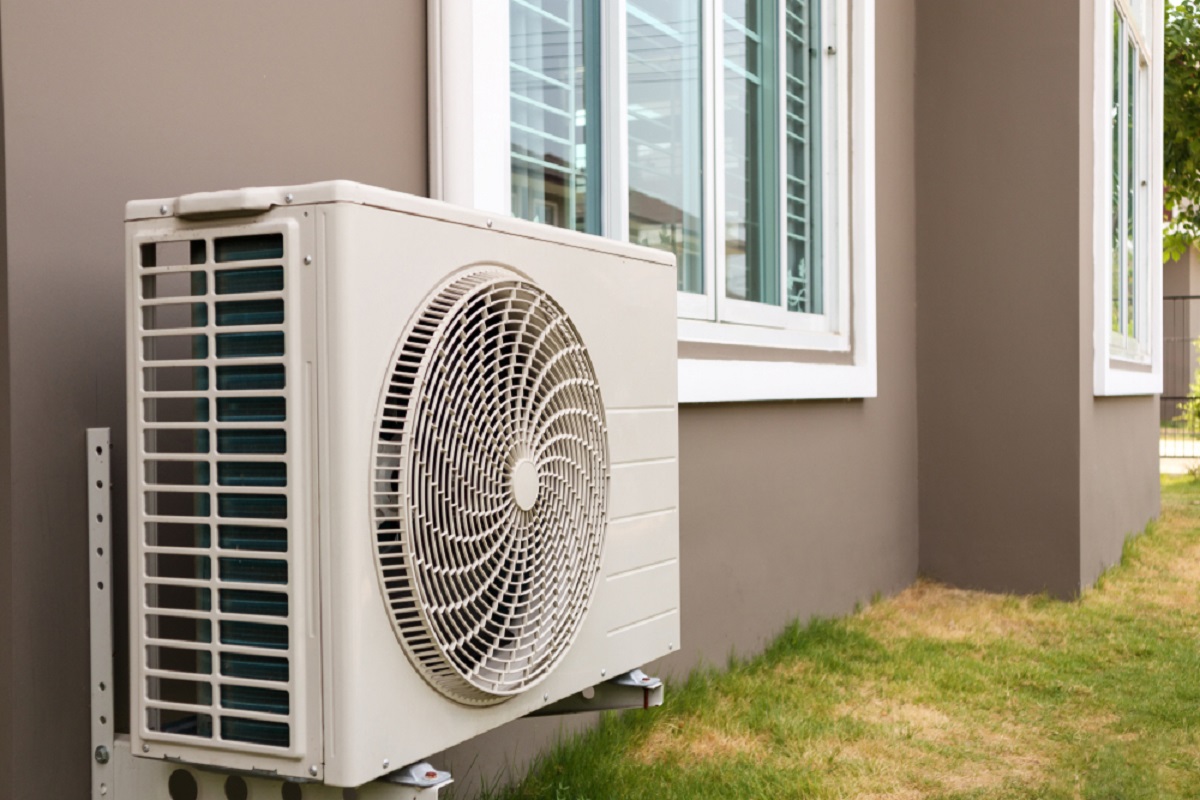
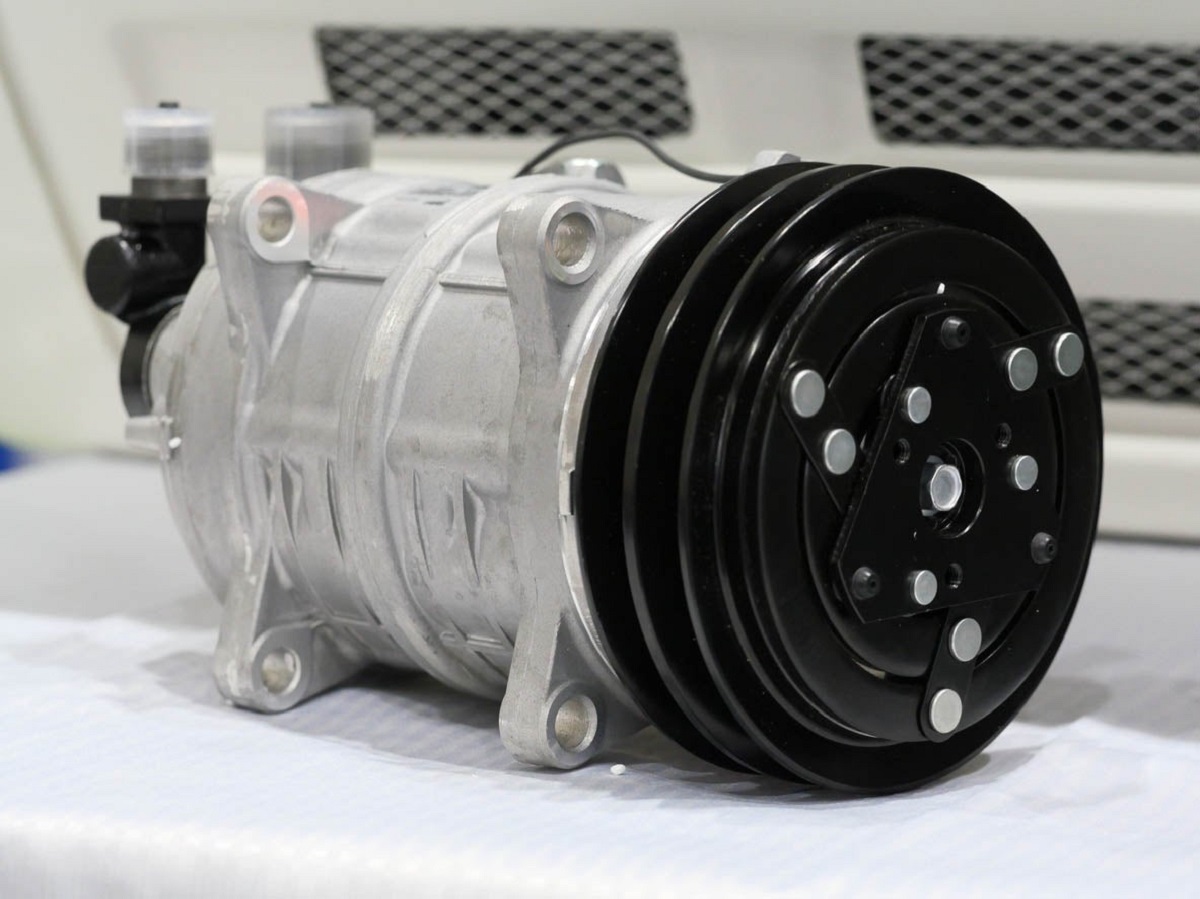
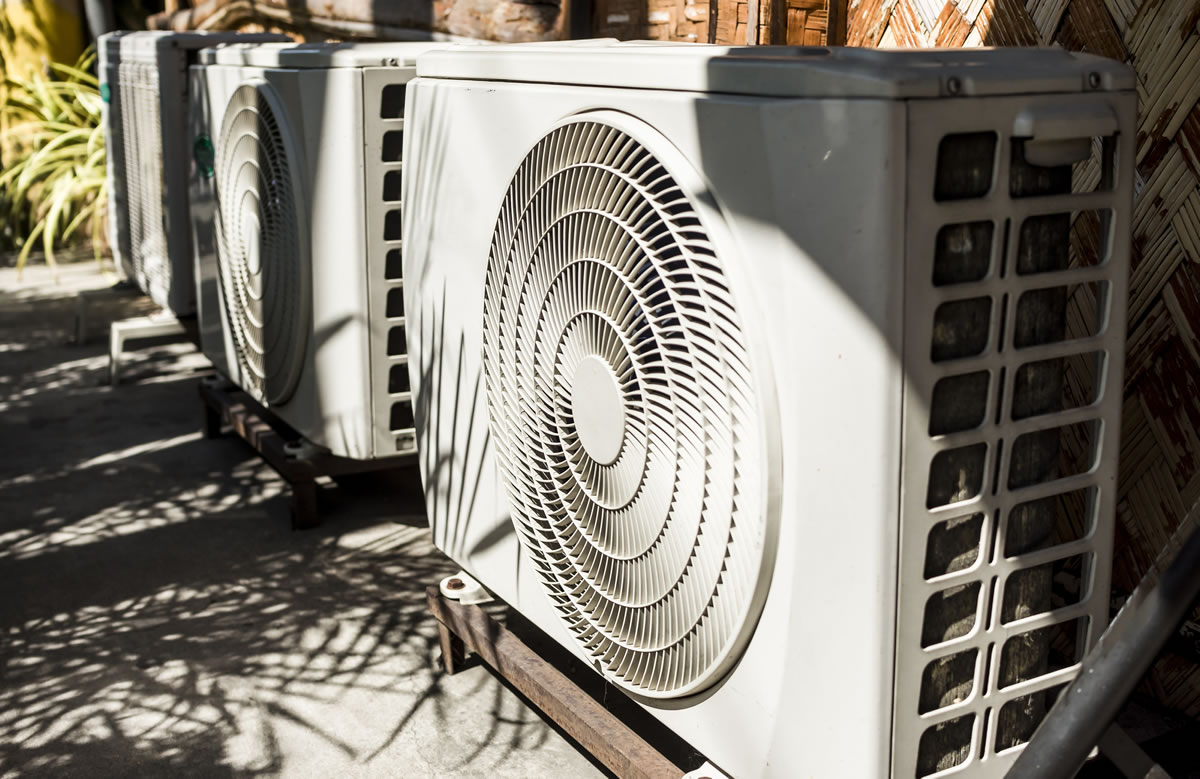
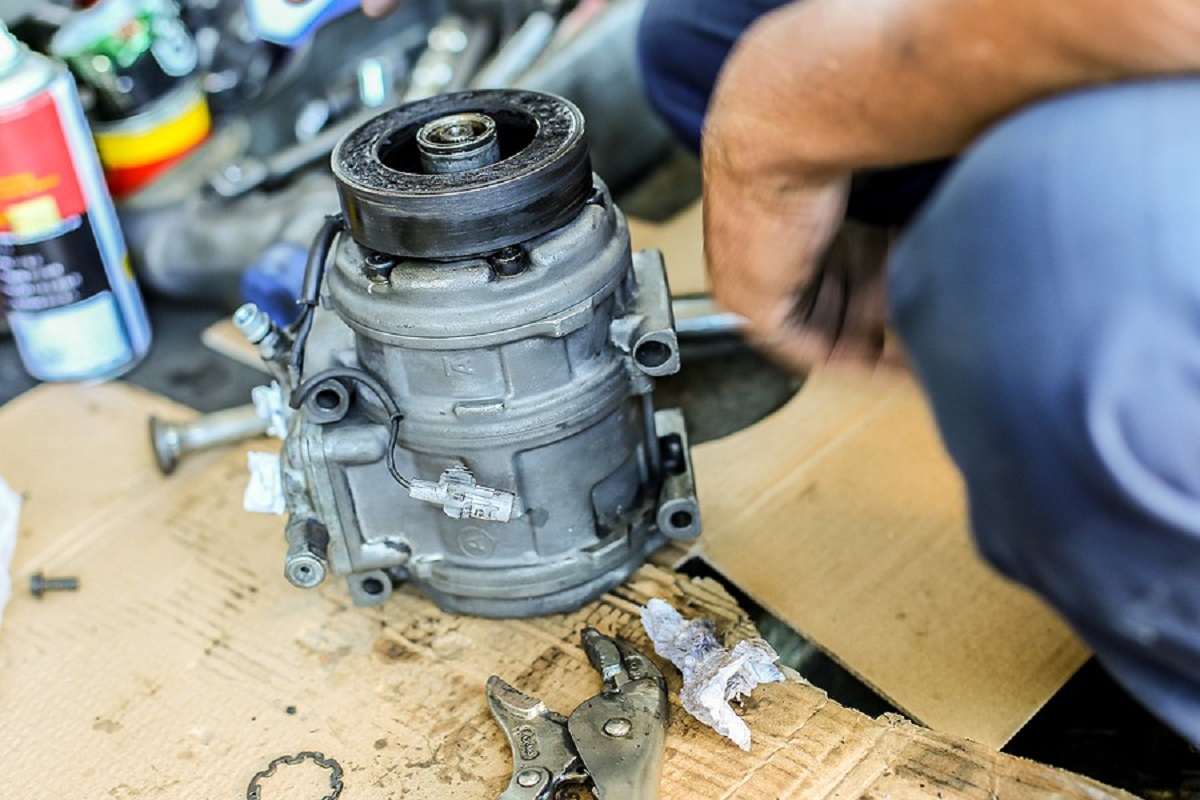
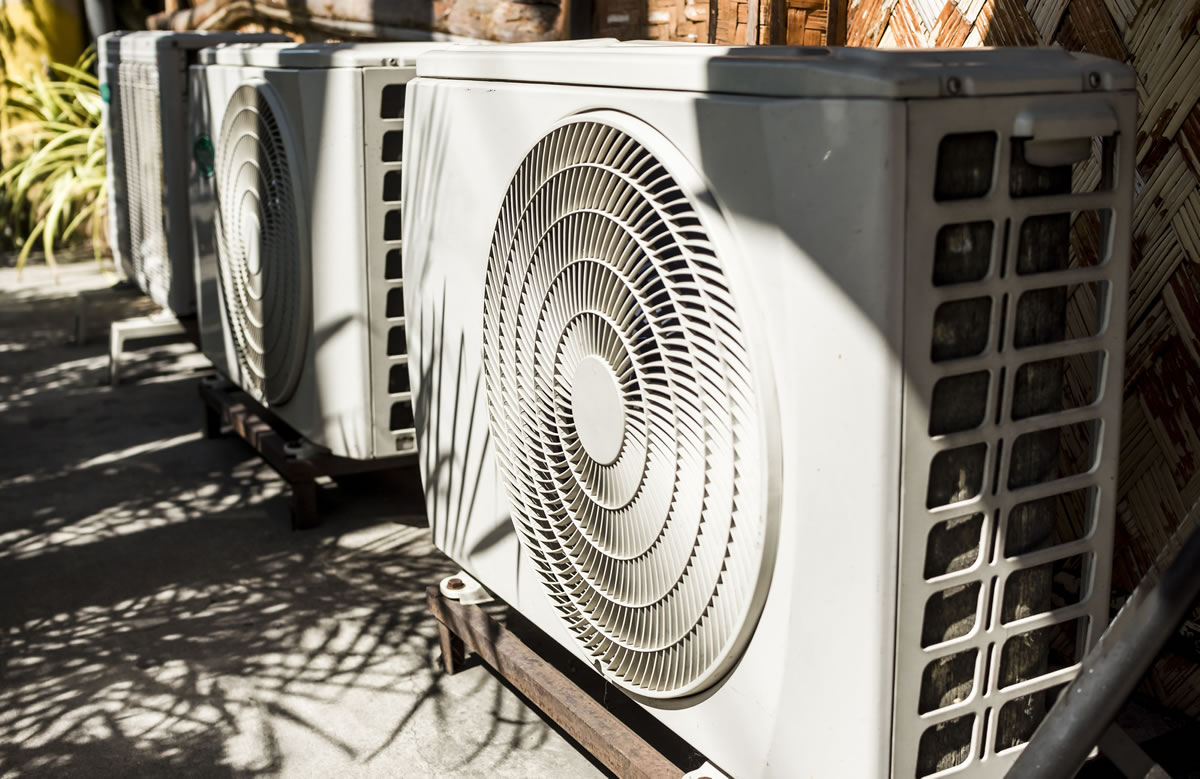
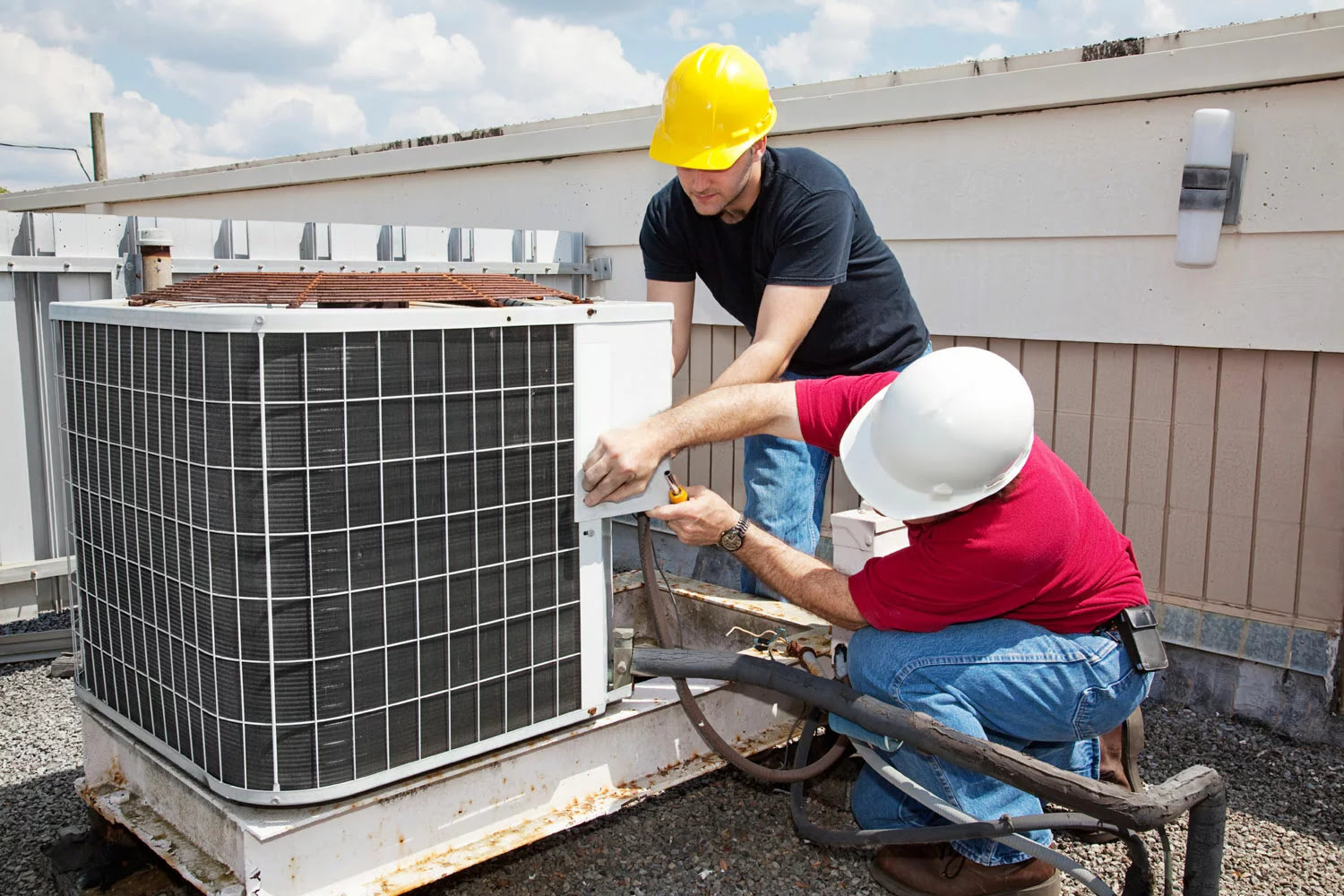
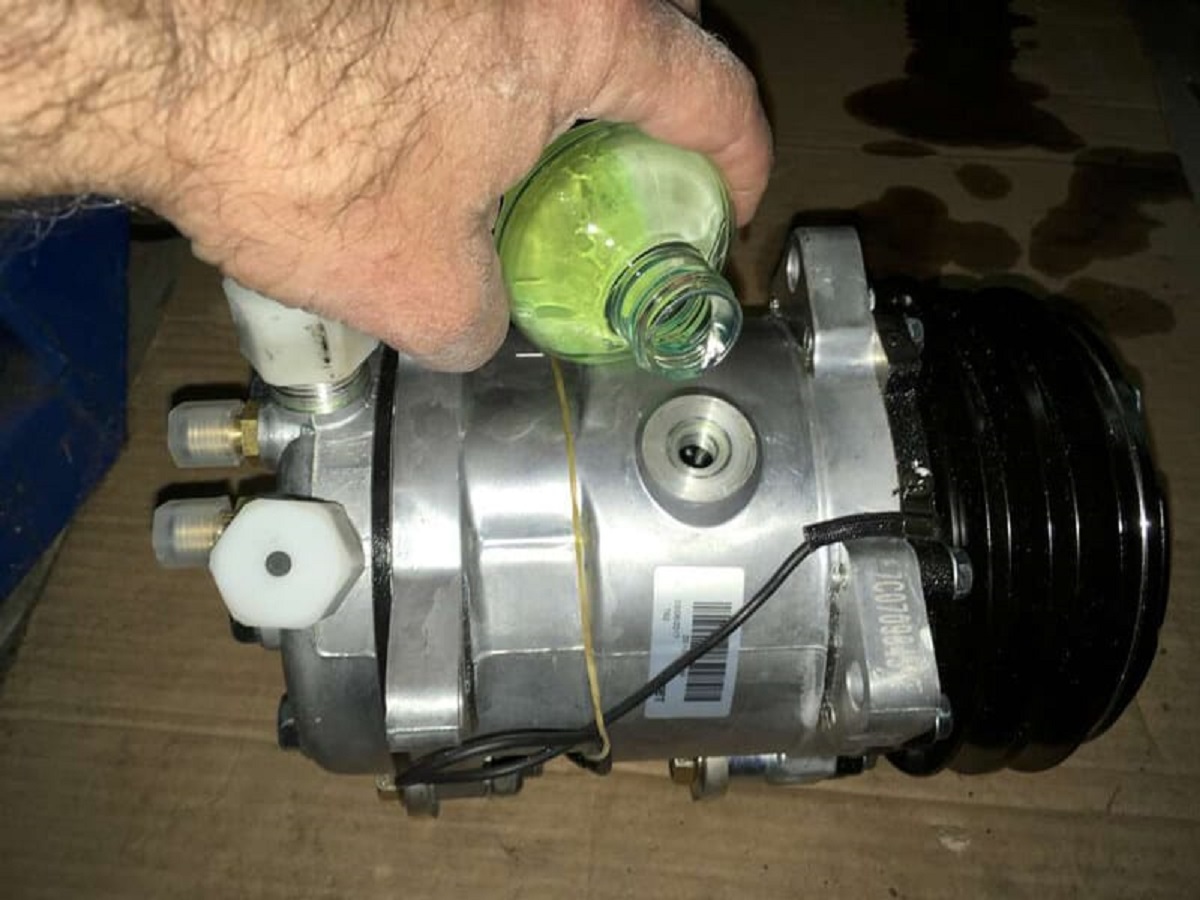

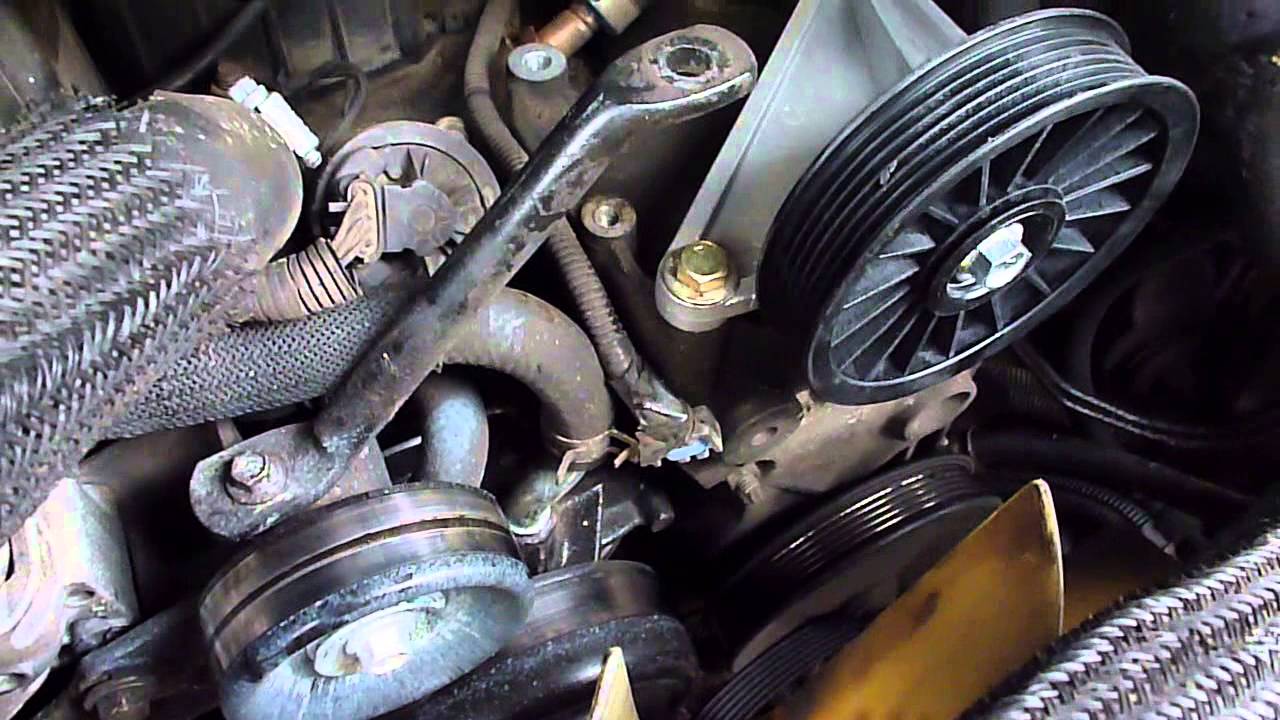
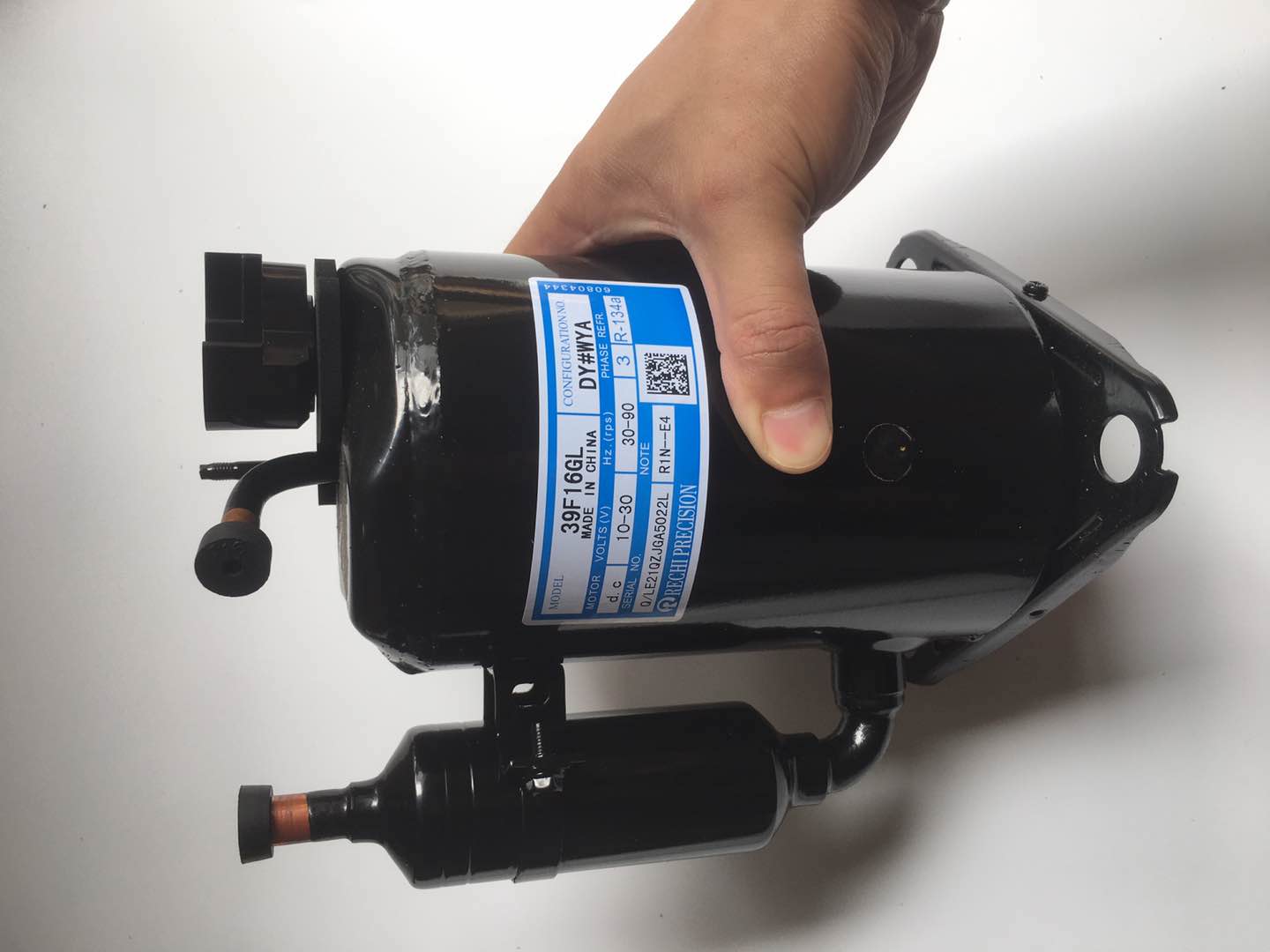
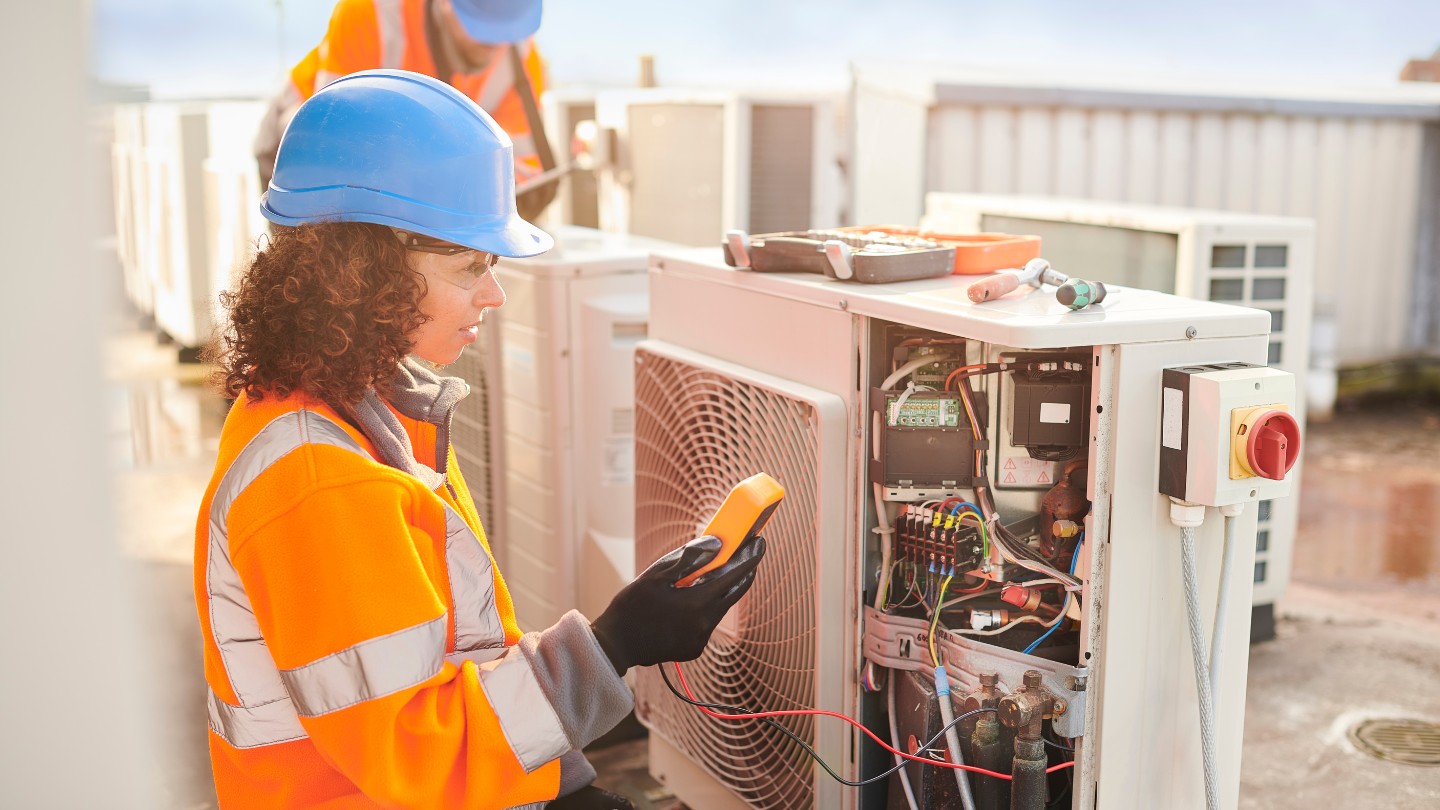

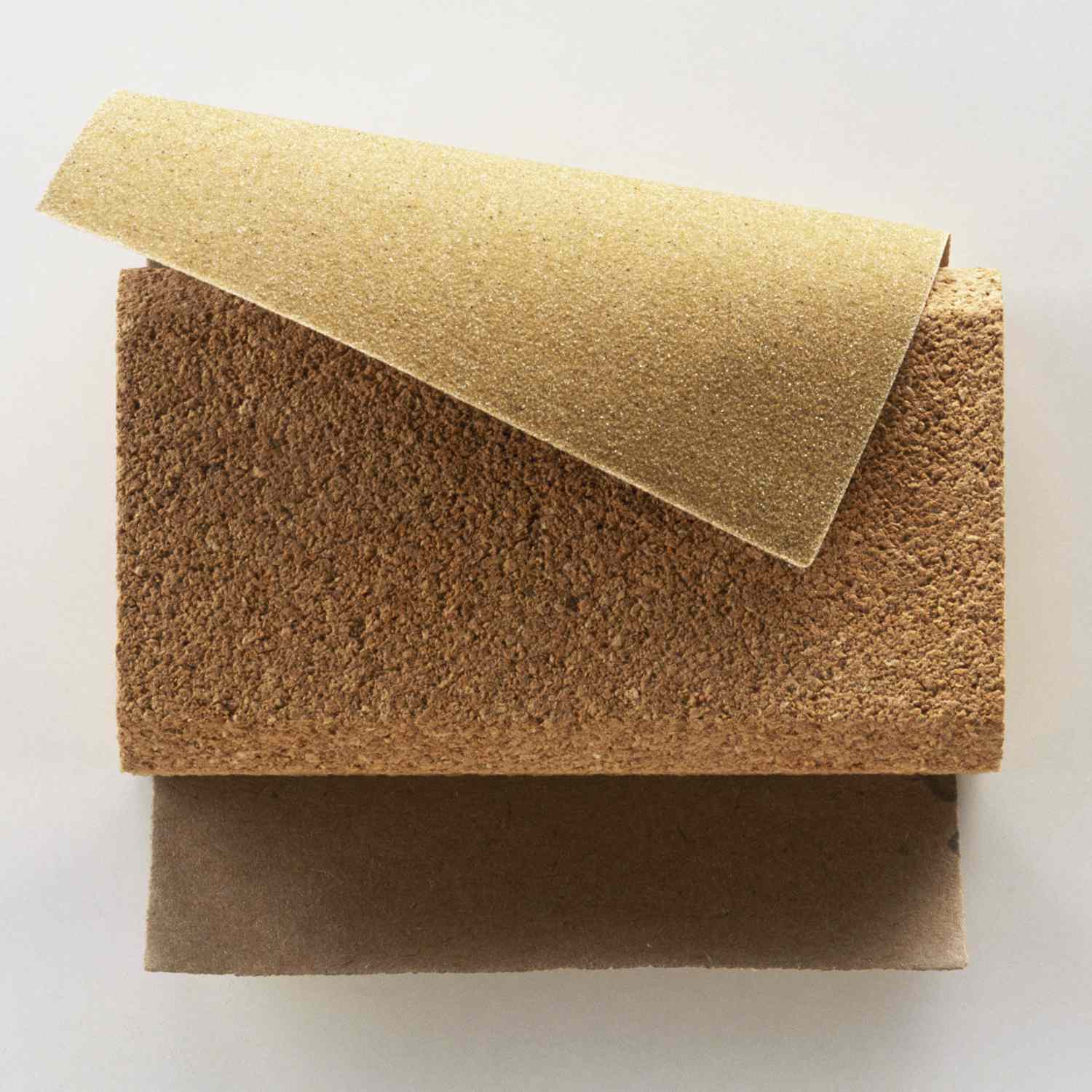


0 thoughts on “How Long Does An AC Compressor Last”